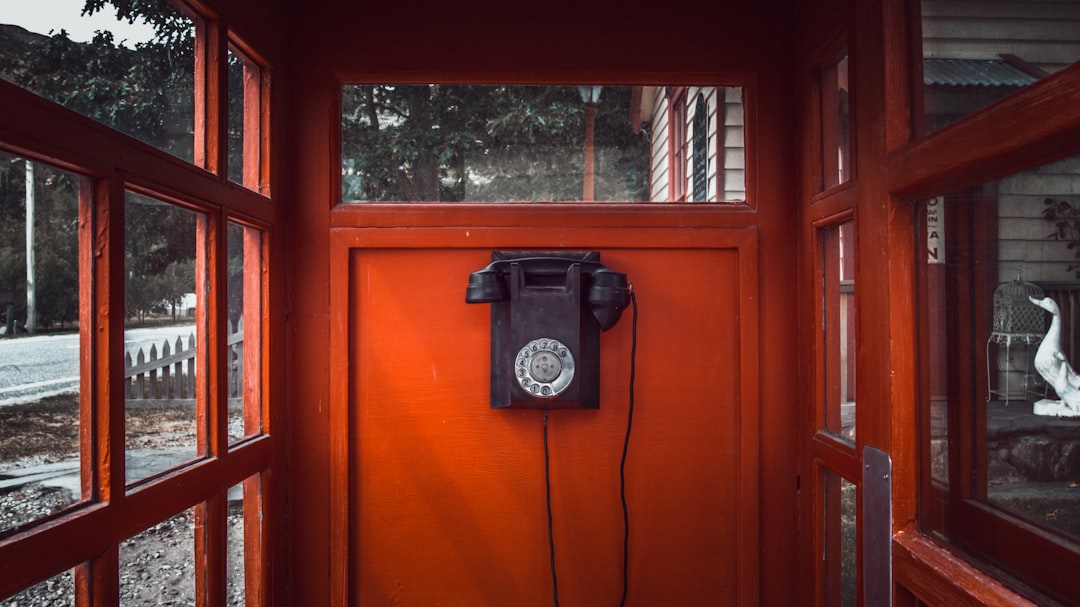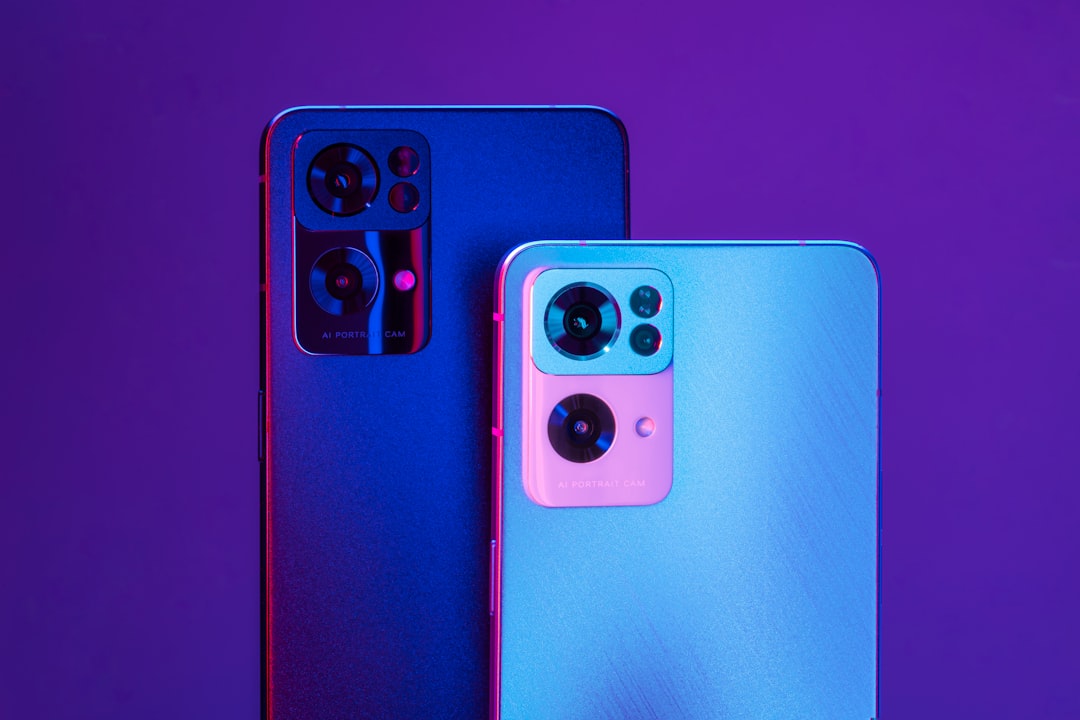In today's digital era, emergency situations are disrupted by unwanted telemarketing calls, causing stress. West Virginia's No Call Attorney services reduce such calls through protective legislation, allowing residents to focus on safety and recovery without interruptions. The program empowers individuals to manage communication preferences during crises, enhancing public safety and privacy. Beckley's initiative successfully minimizes intrusive marketing during emergencies, fostering potential industry-wide adoption for better do-not-call lists and advanced call screening technologies.
In today’s digital age, unexpected emergencies can be overwhelming, with unwanted telemarketing calls adding further stress. Beckley, West Virginia, takes a proactive step forward with its innovative ‘No Call Attorney’ program. This initiative aims to silence intrusive marketing during critical situations by empowering residents with legal protection. The program has shown promising results in reducing spam calls, offering a much-needed respite during emergency responses. With its success, Beckley sets an example for communities worldwide seeking to enhance their residents’ well-being and peace of mind.
Understanding the Issue: The Impact of Telemarketing Calls During Emergencies

In today’s digital era, even emergency situations are not immune to unwanted telemarketing calls. This can be a frustrating and alarming experience for folks, especially when they’re trying to cope with critical matters. The constant ringing of the phone, often with prerecorded messages or live salespeople, adds an unnecessary layer of stress during already challenging times.
For instance, in West Virginia, where No Call Attorney services are readily available, residents can expect a certain level of respite from unsolicited calls. These laws aim to protect individuals during emergencies by limiting the number of telemarketing calls they receive. By understanding and addressing this issue, communities can ensure that citizens’ peace of mind is not disrupted, enabling them to focus on safety and recovery efforts.
Beckley's Approach: Implementing the No Call Attorney Program

In an effort to mitigate the stress and anxiety often experienced during emergency situations, Beckley has introduced a pioneering initiative: the No Call Attorney Program. This innovative approach aims to reduce the number of telemarketing calls citizens receive when they are most vulnerable. By enrolling in this program, West Virginia residents can designate attorneys who will intervene on their behalf when unsolicited calls attempt to penetrate their personal and sensitive moments.
The No Call Attorney Program empowers individuals to take control of their communication preferences during critical times. These designated legal professionals have the authority to block or redirect telemarketing calls, ensuring that emergency contacts remain uncluttered and undisturbed. This initiative reflects Beckley’s commitment to enhancing public safety and privacy, especially for those facing challenging circumstances.
Results and Future Prospects: Reducing Intrusive Marketing in Critical Moments

Beckley’s initiative to curb telemarketing calls during emergency situations has yielded promising results, highlighting a significant shift in consumer preferences and protection. The No Call Attorney West Virginia program has successfully reduced intrusive marketing efforts at critical moments, allowing residents to focus on safety and immediate needs without unwanted interruptions. This approach respects individuals’ privacy rights and ensures that emergency lines remain open for essential services.
Looking ahead, the success of these measures could pave the way for broader legislation and industry-wide adoption. By prioritizing consumer choices and digital well-being, Beckley’s efforts serve as a model for other communities. The future prospects include enhanced collaboration between legal bodies, telecom providers, and marketing agencies to establish robust do-not-call lists and more sophisticated call screening technologies. Ultimately, these steps will contribute to a more harmonious balance between marketing strategies and personal privacy during times of crisis.






